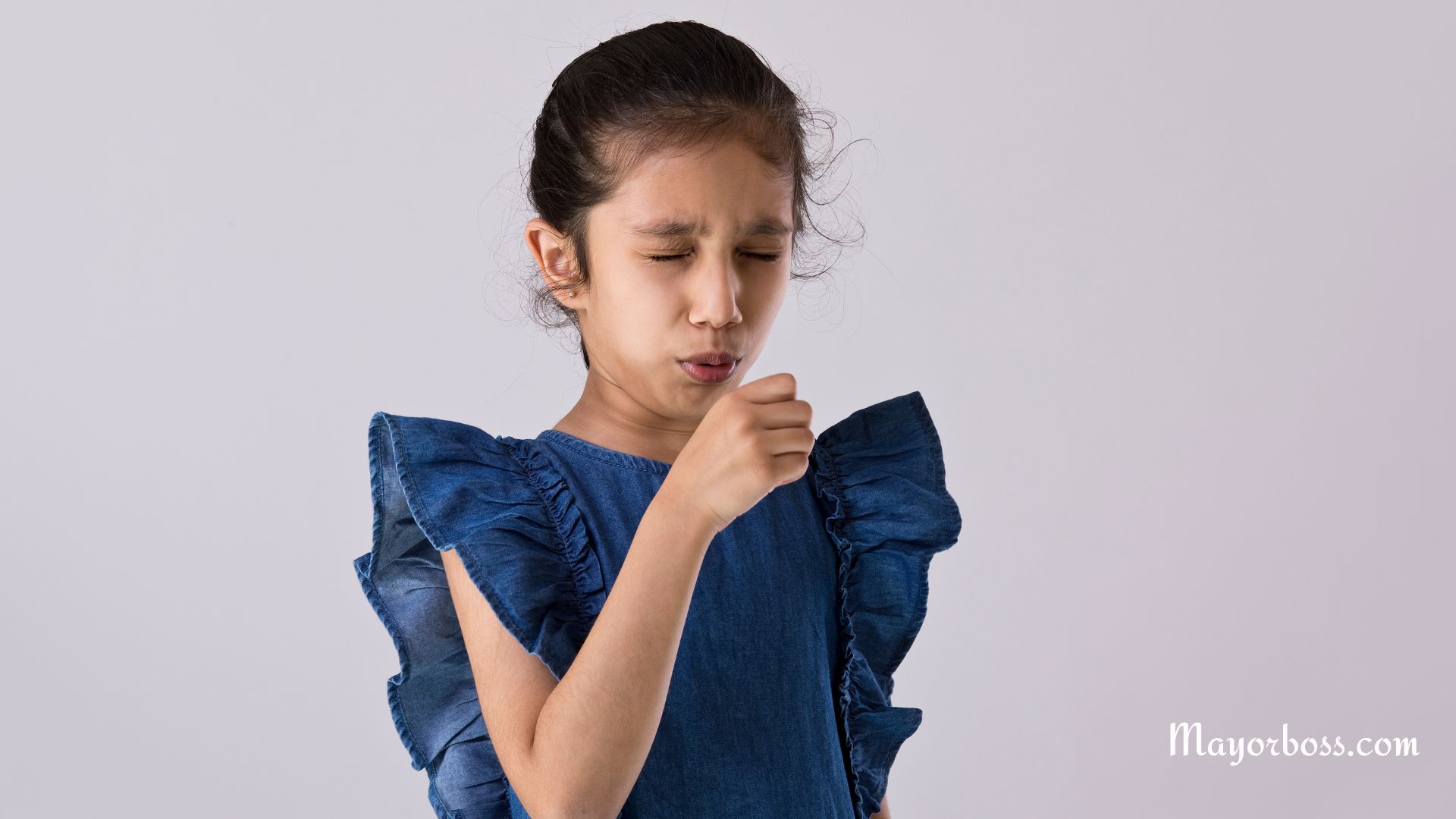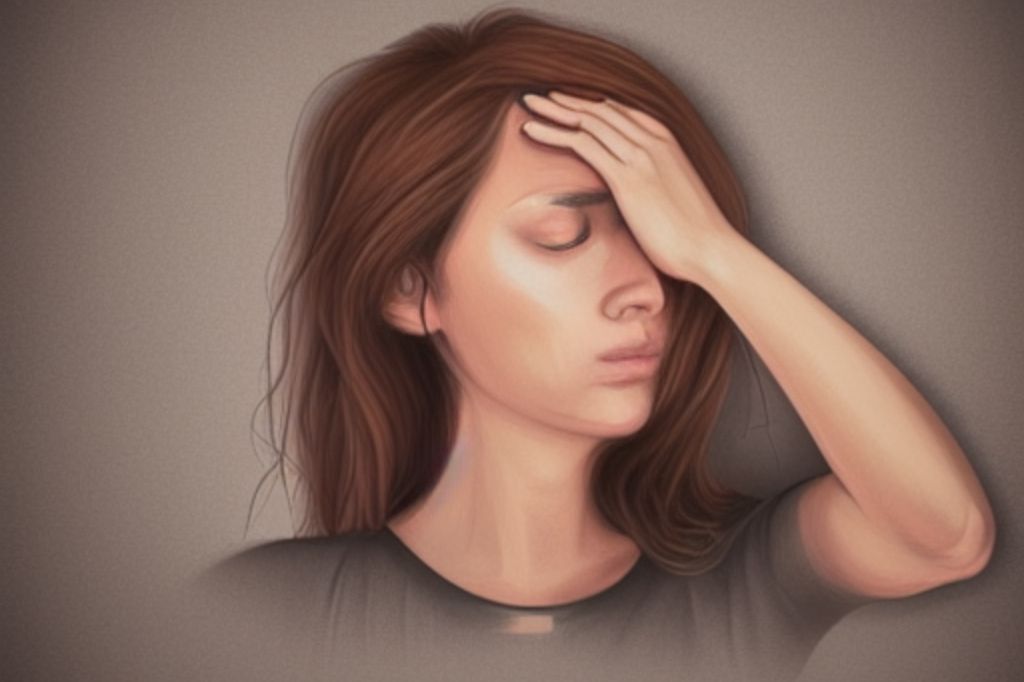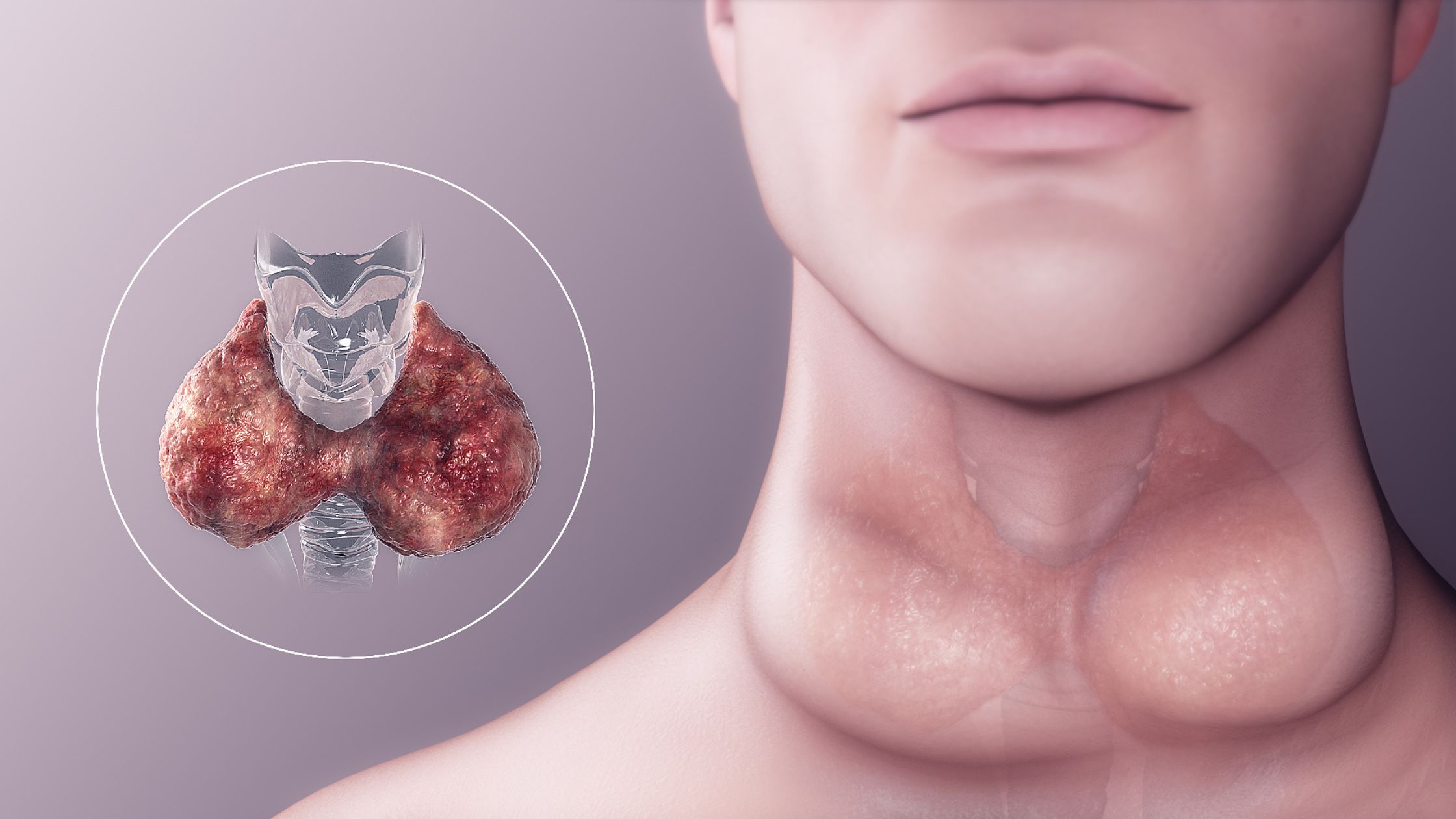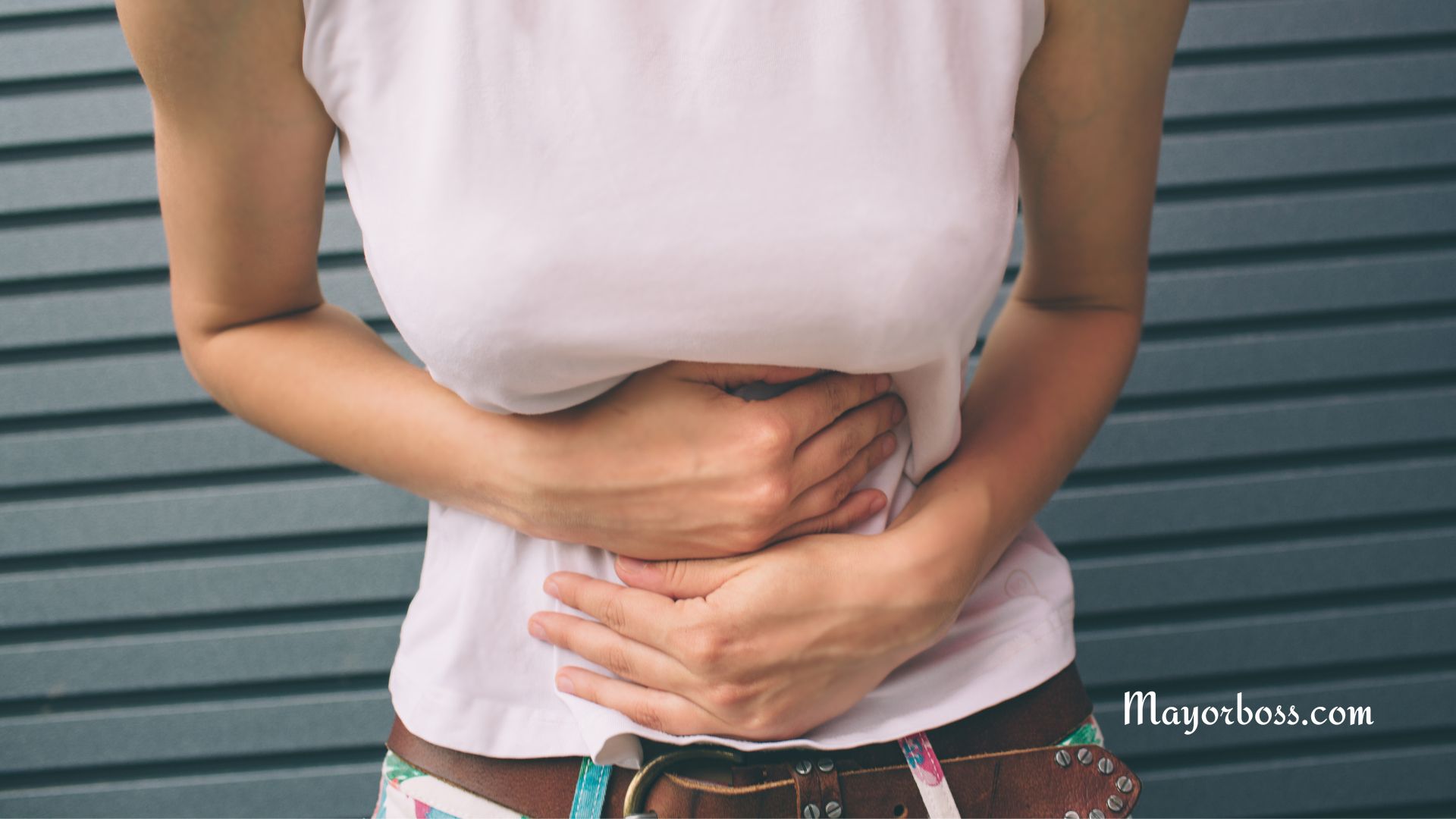What Is Whooping Cough?
What Is Whooping Cough? Whooping cough, also known as pertussis, is a highly contagious respiratory disease caused by the bacterium Bordetella pertussis. Characterized by severe coughing spells, it often ends with a “whooping” sound as you gasp for air. While it can affect people of all ages, it’s particularly dangerous for babies and young children. Vaccination is the most effective way to prevent the disease.1

What Causes Whooping Cough?
The main culprit behind whooping cough is a bacterium called Bordetella pertussis. This nasty microbe attaches to the tiny, hair-like structures in your upper respiratory system. Once attached, it releases toxins that damage your respiratory cells, triggering bouts of intense coughing.
How Is It Spread?
You can catch whooping cough through airborne droplets when an infected person coughs or sneezes. In other words, if you’re close to someone who’s sick and they cough or sneeze near you, you could inhale the bacteria. It’s a good idea to steer clear of anyone showing symptoms, especially if you have not been vaccinated or if you’re around infants.
Symptoms of Whooping Cough
The symptoms of whooping cough can be misleading initially. They often start off mild, resembling those of a common cold:
- Runny or stuffy nose
- Low-grade fever
- Mild cough
- Fatigue
As the disease progresses, however, the symptoms become more severe and include:
- Intense coughing fits
- Vomiting after coughing
- Extreme fatigue
- The characteristic “whooping” sound when gasping for air between coughs
When Should You Seek Medical Help?
If you or your child are experiencing symptoms that could be whooping cough, don’t hesitate to consult a healthcare provider. The sooner you get diagnosed, the better your chances for effective treatment and preventing the spread of the disease.
How Is Whooping Cough Diagnosed?
Doctors usually diagnose whooping cough through a combination of medical history, symptom evaluation, and lab tests. A nasal swab test is commonly used to confirm the presence of Bordetella pertussis bacteria.
What Are the Treatments for Whooping Cough?
Treatment mainly consists of antibiotics to kill the bacteria and control the spread of the disease. In people with severe symptoms or complications, hospitalization may be required. Keep in mind that early treatment is crucial, especially for infants and young children, as complications can be severe.
How Can You Prevent Whooping Cough?
The most effective way to prevent whooping cough is through vaccination. There are vaccines available for both children and adults. Examples of these vaccines are DTaP for children and Tdap for teens and adults. According to the Centers for Disease Control and Prevention (CDC), getting vaccinated reduces the risk of developing severe symptoms and complications. 2
Importance of Herd Immunity
In communities where most people are vaccinated, the spread of the disease is less likely. This is known as herd immunity, and it’s particularly important for protecting those who cannot be vaccinated, such as newborns and individuals with certain medical conditions.
So, if you want to do your part in keeping yourself and your community safe, getting vaccinated is the way to go.
Frequently Asked Questions
What Age Groups Are Most Vulnerable to Whooping Cough?
Babies and young children are at the highest risk for severe complications from whooping cough. That’s because their immune systems are still developing, and they might not have received the full course of vaccinations yet. On the flip side, adults and older children usually experience milder symptoms, but they can still spread the disease to more vulnerable individuals.
Can You Get Whooping Cough More Than Once?
Interestingly, immunity to whooping cough doesn’t last a lifetime. Even if you’ve had the disease or been vaccinated, your immunity can wane over time. This makes it possible to contract the disease more than once. So, staying up-to-date with your vaccinations is essential for long-term protection.
Are There Any Complications?
Certainly, whooping cough can lead to some serious complications if not treated promptly. Infants are at risk for pneumonia, brain damage, and even death. In adults and older children, complications are generally less severe but can include weight loss, urinary incontinence, and rib fractures from severe coughing.
How Long Does Whooping Cough Last?
The duration of whooping cough can vary from person to person. Generally, the disease has three stages:
- Catarrhal stage: Lasts 1-2 weeks and resembles a common cold.
- Paroxysmal stage: Lasts 2-4 weeks and features severe coughing spells.
- Convalescent stage: Lasts 1-2 weeks; coughing gradually decreases but may persist for months.
Overall, whooping cough can last for up to 10 weeks, earning it the nickname “the 100-day cough.”
Is Whooping Cough Contagious During All Stages?
Yes, whooping cough is highly contagious, especially during the first two weeks after the cough begins. After starting antibiotic treatment, you’ll generally stop being contagious after about five days. Until then, it’s crucial to avoid public places and close contact with others, particularly those who are most vulnerable, like infants and the elderly.
Article Sources
- MedlinePlus. Whooping Cough. ↩︎
- Centers for Disease Control and Prevention. Whooping Cough (Pertussis) Vaccination. ↩︎






